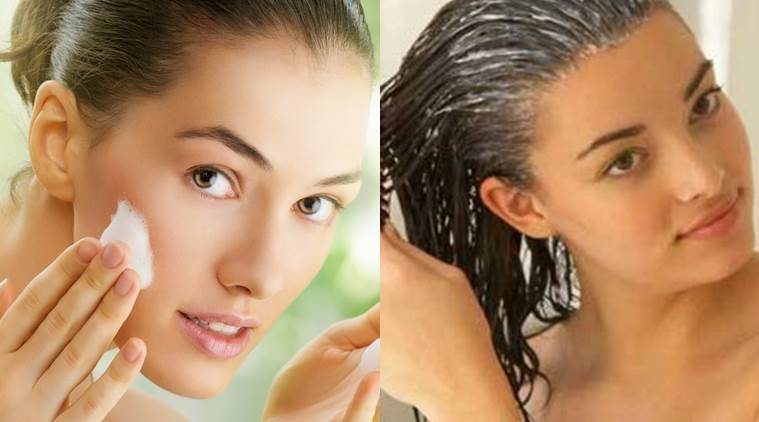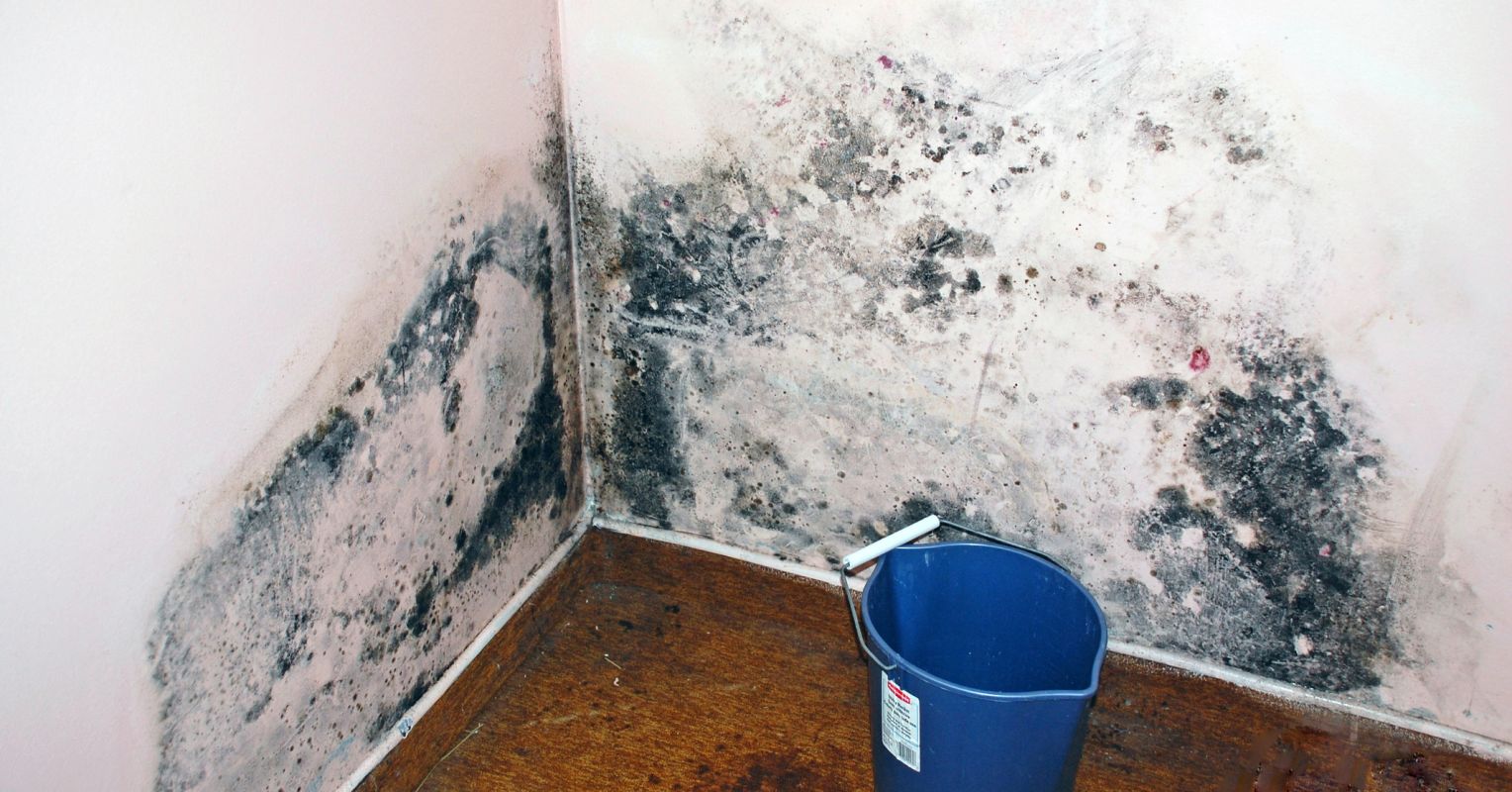Table of Contents
Why a Consistent Skincare Routine Is Important
Having a consistent skincare routine is important for several reasons:
- Maintaining the health of your skin: A consistent skincare routine helps to maintain the health of your skin. By regularly cleansing, moisturizing, and protecting your skin from the sun, you can prevent the buildup of dirt and oil that can lead to acne, dryness, and other skin issues.
- Preventing premature aging: A consistent skincare routine can help prevent premature aging by protecting your skin from the harmful effects of the sun, pollution, and other environmental stressors. Using anti-aging products and moisturizers can also help keep your skin looking youthful and radiant.
- Addressing skin concerns: If you have specific skin concerns, such as acne or hyperpigmentation, a consistent skincare routine can help address these issues. By using products that are specifically formulated to target your skin concerns, you can improve the overall health and appearance of your skin.
- Boosting your confidence: Taking care of your skin can boost your confidence and self-esteem. When your skin looks and feels healthy, you are more likely to feel good about yourself and your appearance.
Overall, a consistent skincare routine is important for maintaining the health and appearance of your skin, addressing specific skin concerns, and boosting your confidence. By taking the time to care for your skin on a daily basis, you can achieve a healthy, glowing complexion that you can be proud of.
What to Look for in Skincare Products
When looking for skincare products, it is important to consider the following factors:
- Skin type: You should choose products that are formulated for your skin type. If you have oily skin, look for products that are oil-free and designed to control oil production. If you have dry skin, look for products that are hydrating and moisturizing.
- Ingredients: Check the ingredient list to make sure that the products contain ingredients that are beneficial for your skin and don’t contain any potentially harmful ingredients. Look for ingredients like antioxidants, vitamins, and peptides that can improve the health of your skin.
- SPF: It’s important to use products that contain SPF to protect your skin from the harmful effects of the sun. Look for products with a minimum SPF of 30.
- Brand reputation: Do some research on the brand and read reviews from other customers to ensure that the products are high-quality and effective.
- Price: Skincare products can vary widely in price. Consider your budget and look for products that are within your price range.
- Packaging: Products that come in air-tight, opaque packaging can help to protect the ingredients from light and air exposure, which can cause them to degrade.
Overall, when choosing skincare products, it’s important to consider your skin type, ingredients, SPF, brand reputation, price, and packaging. By doing so, you can select products that will effectively nourish and protect your skin.
How Lifestyle Habits Affect Skin and Hair Health
Lifestyle habits can have a significant impact on the health of your skin and hair. Here are some ways in which lifestyle habits can affect skin and hair health:
- Diet: Eating a healthy diet that is rich in fruits, vegetables, and other nutrient-dense foods can help to nourish your skin and hair. Conversely, a diet that is high in processed foods and sugar can contribute to acne and other skin issues.
- Hydration: Drinking enough water is important for maintaining healthy skin and hair. Dehydration can lead to dryness and other skin and hair issues.
- Exercise: Regular exercise can improve circulation and help to deliver nutrients and oxygen to the skin and hair. It can also help to reduce stress, which can contribute to skin and hair issues.
- Sleep: Getting enough sleep is essential for skin and hair health. During sleep, the body repairs and regenerates cells, which is important for maintaining healthy skin and hair.
- Stress: Chronic stress can have a negative impact on skin and hair health. It can lead to inflammation, breakouts, and hair loss.
- Sun exposure: Too much sun exposure can cause skin damage, including sunburn, premature aging, and an increased risk of skin cancer. It’s important to wear sunscreen and limit sun exposure to protect your skin.
Overall, lifestyle habits can have a significant impact on the health of your skin and hair. By making healthy choices, such as eating a healthy diet, staying hydrated, exercising regularly, getting enough sleep, managing stress, and protecting your skin from the sun, you can maintain healthy, radiant skin and hair.
Guidelines for a Healthy Hair Regimen
Here are some guidelines for a healthy hair regimen:
- Wash your hair regularly: How often you should wash your hair depends on your hair type and your personal preferences. However, most people should aim to wash their hair every two to three days. Use a gentle, sulfate-free shampoo and conditioner that is appropriate for your hair type.
- Use a deep conditioning treatment: Once a week, use a deep conditioning treatment to nourish your hair and prevent breakage. Leave the treatment on your hair for 15-20 minutes before rinsing it out.
- Protect your hair from heat damage: Heat styling tools like flat irons, curling irons, and hair dryers can damage your hair over time. Use these tools sparingly and always use a heat protectant spray before styling.
- Get regular trims: Getting regular trims (every 6-8 weeks) can help to prevent split ends and breakage, keeping your hair healthy and strong.
- Avoid tight hairstyles: Tight hairstyles like braids, ponytails, and buns can pull on your hair and lead to breakage. Avoid wearing these styles too often, and when you do wear them, make sure they are not too tight.
- Protect your hair from the sun: UV rays from the sun can damage your hair, causing it to become dry and brittle. Protect your hair by wearing a hat or using a hair product that contains SPF.
- Eat a healthy diet: A healthy diet that is rich in protein, vitamins, and minerals is essential for healthy hair growth. Make sure you are getting enough protein, iron, and vitamin C in your diet.
By following these guidelines, you can establish a healthy hair regimen that will keep your hair strong, shiny, and beautiful.
Benefits of Natural Oils and Masks
Natural oils and masks can provide a range of benefits for your skin and hair. Here are some of the benefits of using natural oils and masks:
- Moisturizing: Natural oils like coconut oil, jojoba oil, and argan oil are excellent moisturizers for both skin and hair. They can help to hydrate dry skin and hair, leaving them feeling soft and smooth.
- Nourishing: Many natural oils and masks contain vitamins, minerals, and antioxidants that can nourish your skin and hair. For example, avocado oil is rich in vitamin E and can help to soothe and hydrate dry, itchy skin.
- Anti-aging: Some natural oils and masks contain anti-aging properties that can help to reduce the appearance of fine lines and wrinkles. For example, rosehip oil is rich in vitamin A and can help to boost collagen production, which can help to improve skin elasticity and reduce the appearance of wrinkles.
- Hair growth: Some natural oils, such as castor oil and peppermint oil, can help to promote hair growth and prevent hair loss. They work by stimulating blood flow to the scalp and nourishing the hair follicles.
- Acne-fighting: Some natural oils, such as tea tree oil and neem oil, have antibacterial properties that can help to fight acne-causing bacteria. They can be used as a spot treatment for acne or as a mask to help prevent breakouts.
- Soothing: Some natural masks, such as oatmeal and honey masks, can help to soothe irritated skin and reduce inflammation. They can be especially helpful for those with sensitive skin.
Overall, natural oils and masks can provide a range of benefits for your skin and hair. By incorporating these products into your skincare and haircare routine, you can enjoy healthier, more radiant skin and hair.
Is Professional Treatments Right for You?
Whether or not professional treatments are right for you depends on your individual needs and preferences. Here are some factors to consider when deciding whether to invest in professional treatments:
- Skin type: If you have sensitive skin or a skin condition, such as rosacea or eczema, it’s important to consult with a skincare professional before undergoing any treatments. Some treatments may be too harsh or may exacerbate your condition.
- Budget: Professional treatments can be expensive, so it’s important to consider your budget before committing to regular treatments. You may need to prioritize which treatments are most important to you and invest in those.
- Goals: Consider what you hope to achieve with professional treatments. Are you looking to reduce fine lines and wrinkles, improve skin tone and texture, or address a specific skin concern, such as acne or hyperpigmentation? Different treatments are designed to achieve different goals.
- Lifestyle: Some treatments may require downtime or may not be suitable for certain lifestyles. For example, chemical peels may require a few days of downtime, while laser treatments may not be recommended for those with a lot of sun exposure.
- Personal preferences: Some people enjoy the pampering and relaxation that come with professional treatments, while others prefer to stick to a simpler at-home routine. Consider your personal preferences when deciding whether to invest in professional treatments.
Overall, professional treatments can be an effective way to address specific skin concerns and achieve your skincare goals. However, it’s important to consider your individual needs and preferences before committing to regular treatments. Consult with a skincare professional to determine which treatments are right for you.
Conclusion
In conclusion, taking care of your skin and hair is important for your overall health and well-being. A consistent skincare routine that includes the right products for your skin type and concerns can help to improve the appearance and health of your skin. Additionally, lifestyle habits such as diet, exercise, and stress management can also have a significant impact on your skin and hair health. Natural oils and masks can provide a range of benefits for your skin and hair, and professional treatments may be a good option for those looking to address specific skin concerns. By incorporating these tips and guidelines into your daily routine, you can enjoy healthier, more radiant skin and hair.




